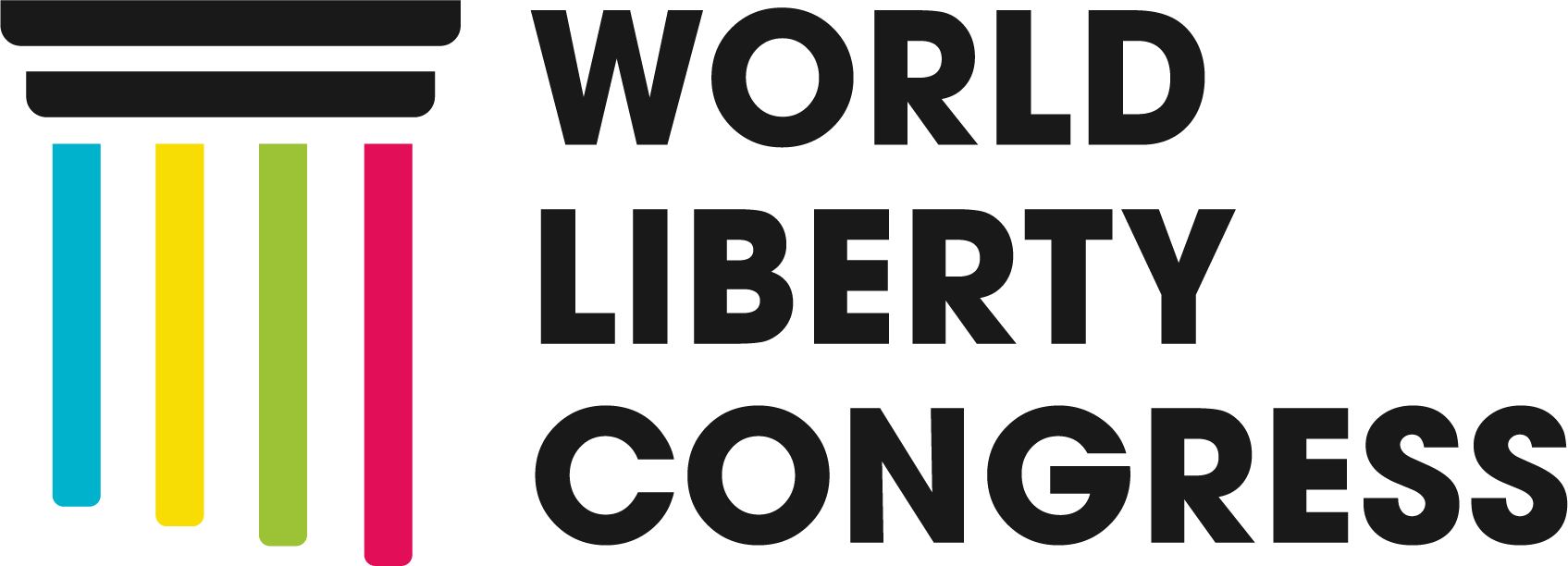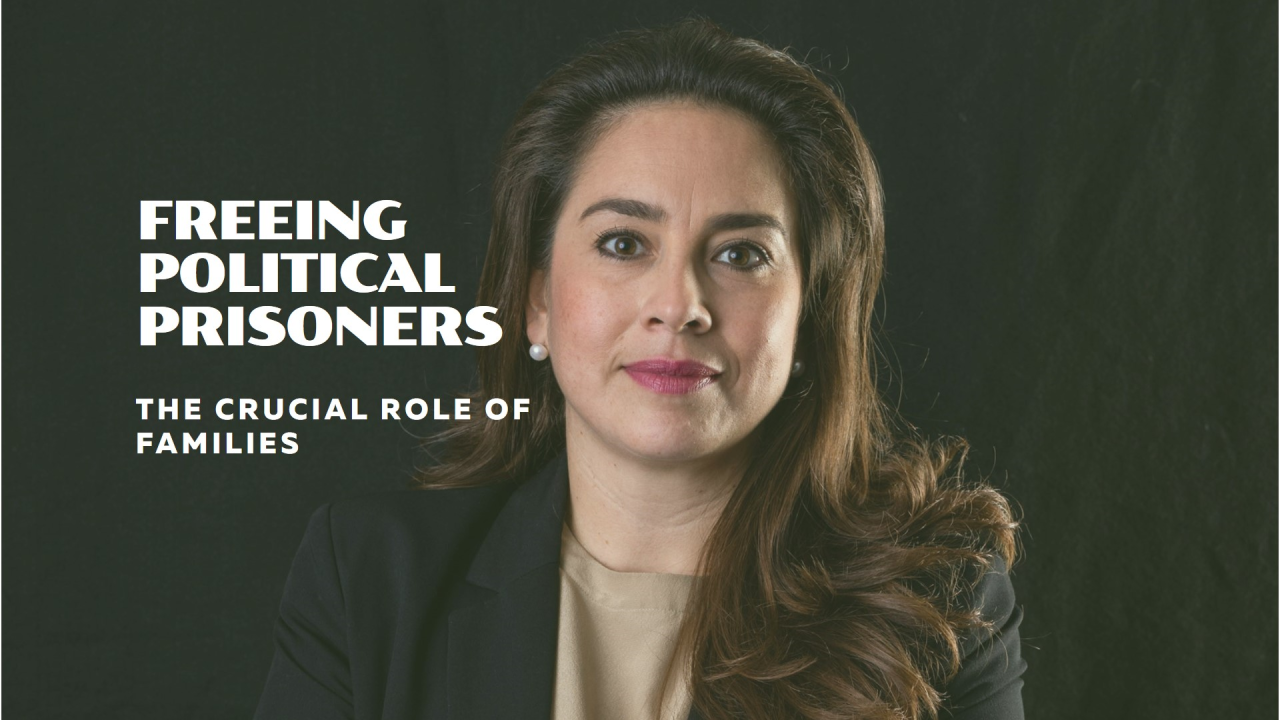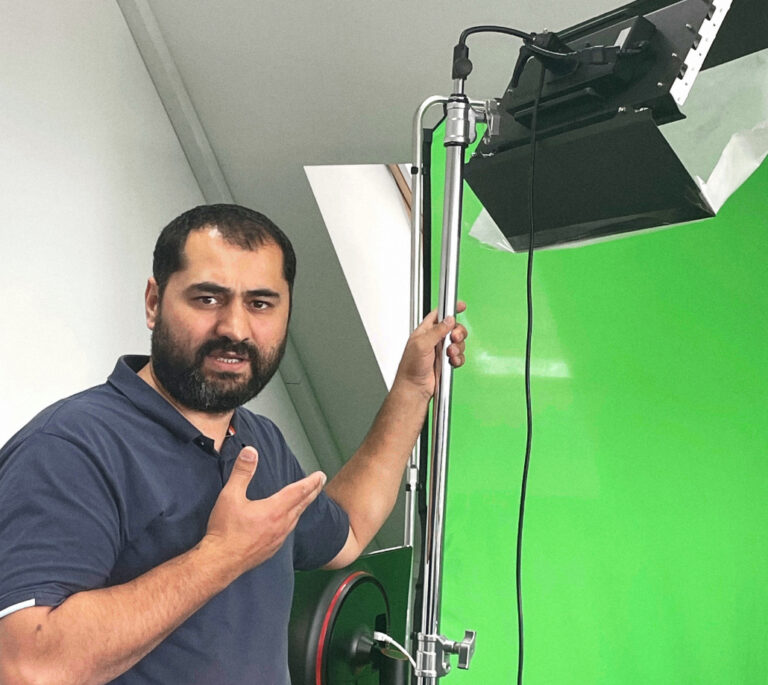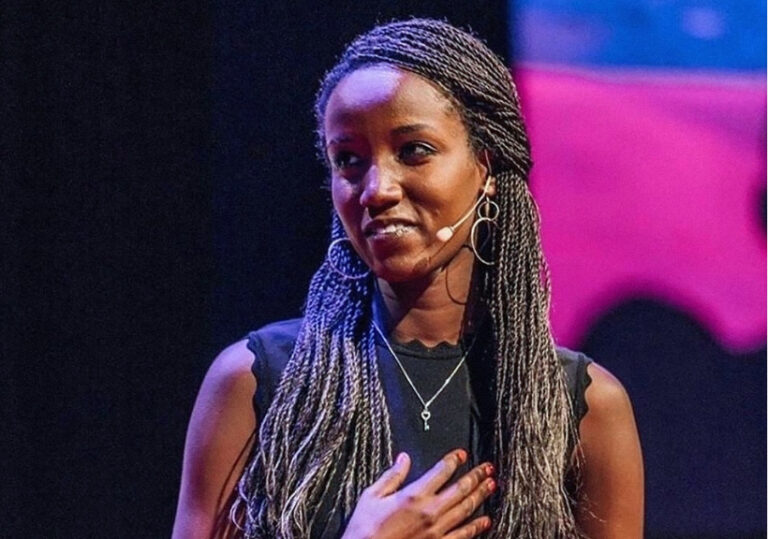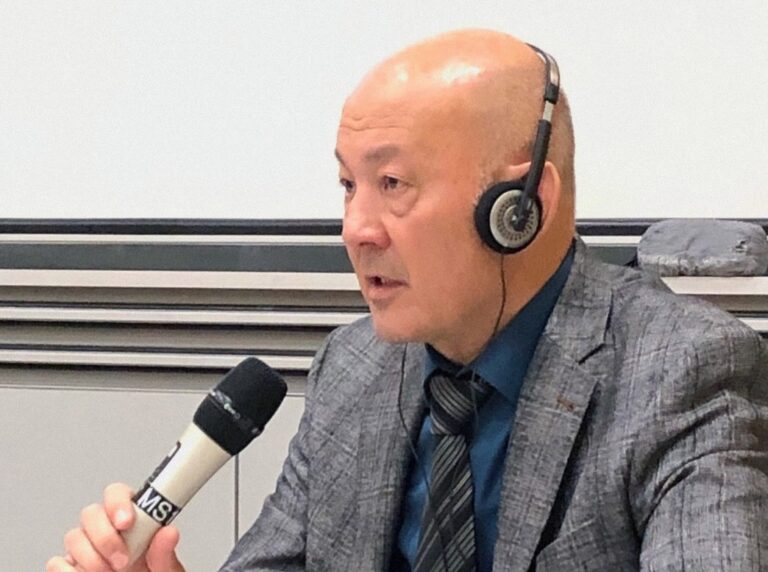By Berta Valle, WLC member.
My husband, Félix Maradiaga, a Nicaraguan democracy leader, endured 611 days of unjust incarceration in extreme inhumane conditions at a maximum-security prison in Nicaragua. His story is one among many in the often-neglected global human rights crisis of political prisoners.
Authoritarian regimes arbitrarily imprison dissidents to suppress resistance, maintain power, and inflict deep suffering on individuals and their families. My experience shows that the families of political prisoners play a crucial role in advocating for their release, often becoming the voice of their loved ones’ struggle for freedom.
Since I met Félix over 20 years ago, I have known his commitment to defending freedom and human rights. I witnessed his tireless efforts to warn about the erosion of democracy in Nicaragua after Daniel Ortega and the Sandinistas returned to power in 2007.
Shortly after massive protests against Ortega’s regime began in April 2018, Félix told me I had to be strong and brave to resist the injustices and aggressions that would inevitably reach our family. In that difficult conversation, Félix prepared me for the worst-case scenarios, such as his disappearance or death.
Even so, I was not entirely prepared for the following three and a half years of separation, which included forced exile, the takeover of our assets, the annulment of our nationality—declaring us stateless along with 300 other Nicaraguans—beatings, failed assassination attempts, arbitrary detention, Félix’s 21 months in a maximum-security prison, and his eventual release and forced exile on February 9, 2023, alongside 221 other former political prisoners deported to the United States.
In the end, Félix’s clarity, and preparation, as well as his conviction in nonviolence as a strategy for civic struggle, made a difference, enabling me to become a spokesperson for the families of Nicaragua’s political prisoners for nearly two years. “No matter what happens to me, it is important that the message reaches everyone. If I am arrested or silenced, you must speak for me,” Félix told me. He immediately gave me a list of friends and international contacts to ensure his message of civic resistance would not be silenced. “No matter what, do not stay silent,” he said.
Silence is never the best option for the families of imprisoned dissidents, political activists, and human rights defenders. Dictators use fear and blackmail to pressure families into silence under the false promise of better treatment or the release of prisoners. In Félix’s case, his captors treated him very poorly because he refused to collaborate with the regime’s demand to silence the families of political prisoners. Félix had made it clear to me that no matter what the dictatorship said, I had to loudly denounce human rights abuses. “I resist from the inside,” he told me. This tactic required enormous courage and sacrifice, but it worked.
Drawing from this experience, we collaborated with other families of political prisoners and legal experts at the World Liberty Congress in Lithuania in November 2022 to share best practices for advocating prisoner release. We documented our experiences in the free online book “Pathway to Freedom: A Handbook for the Liberation of Political Prisoners” to support others in similar situations.
The handbook explores the history and changing nature of political imprisonment, highlighting the significance of publicizing, and consistently monitoring detentions. It offers methods for safeguarding the welfare of prisoners and their families, underscores the importance of creating support networks, and lays out procedures for organizing public awareness campaigns, navigating legal systems, and formulating international advocacy strategies. The main lesson of the handbook is encapsulated in a phrase often repeated by our international human rights lawyer, Jared Genser: “Dictators never release political prisoners because they want to, but because they are forced to.”
The greatest fear of any political prisoner is being forgotten. Family and friends play a vital role in keeping hope alive. International solidarity with political prisoners is crucial; they must not be overlooked. We are deeply grateful to organizations with valuable support programs ensuring political prisoners are not forgotten, such as the Set Them Free Campaign by the World Movement for Democracy, Freedom House’s political prisoners’ initiative, The Human Rights Foundation, the Geneva Summit, and the World Liberty Congress with its referenced manual.
While these initiatives can help advocate for the release of political prisoners, much more needs to be done to secure their freedom. That is why Félix and I launched the International End Arbitrary Detention campaign at the University of Virginia to advocate for more effective international agreements to prohibit arbitrary political imprisonment.
Our goal is to protect human rights activists, dissidents, and political advocates from authoritarian regimes that use arbitrary detention to silence critical voices. While international treaties for human rights protection exist, a more robust and specific approach is required to address this global epidemic. Through advocacy, awareness-building, and mobilization, we aim to raise awareness about this challenge and pressure world leaders to act.
We invite you to join our campaign. Together, we can make a difference by advocating for a new international treaty that provides stronger legal protections for those facing arbitrary detention.
